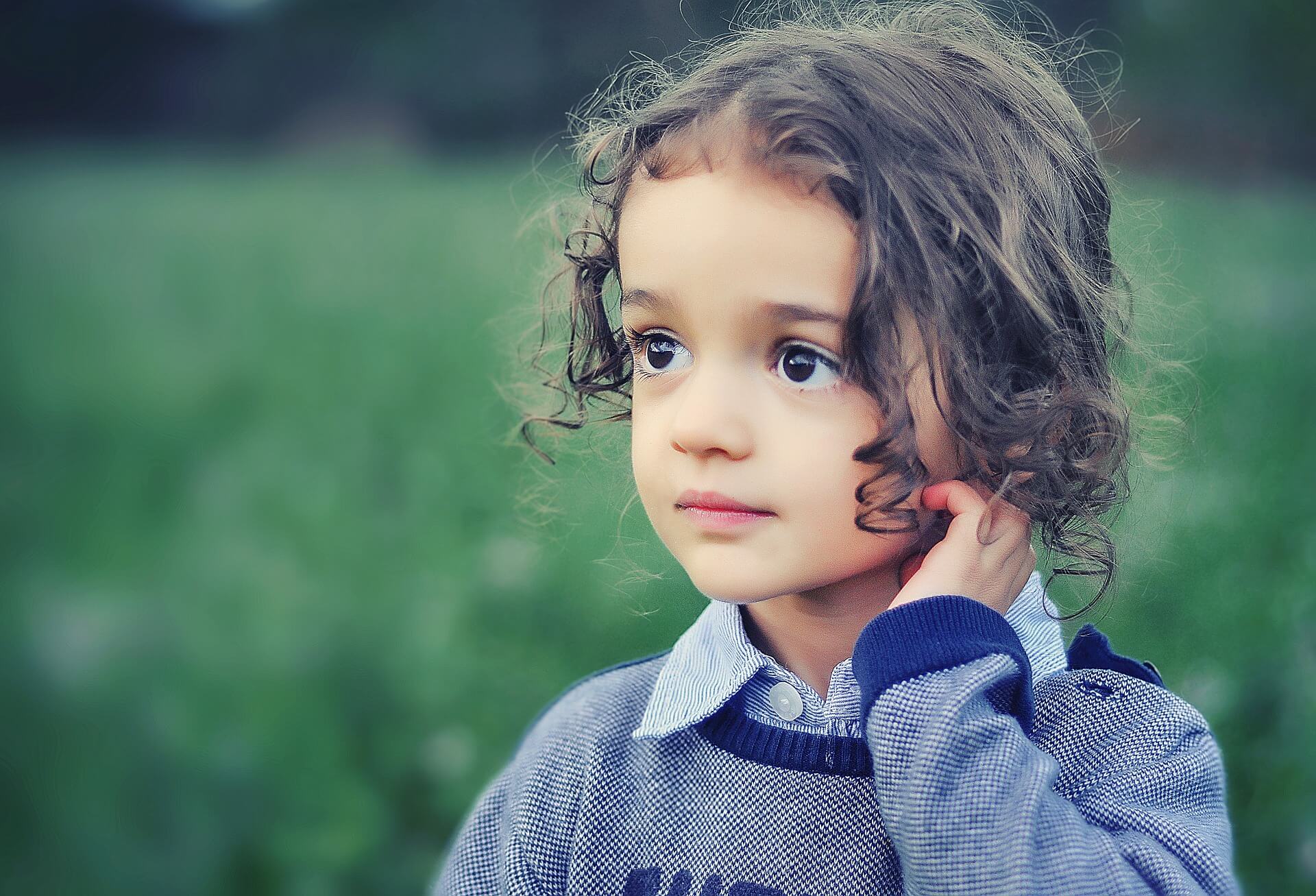The Temperament of Exceptionally Gifted Children

As parents, it’s important to remember that gifted children still have the same needs as any other child.
Therefore, we need to be careful not to neglect them, especially in regards to their psycho-emotional well-being.
What’s more, even though our children have very noticeable strengths, that doesn’t mean they can do everything for themselves.
They still needs us, and we need to be there for them unconditionally.
Exceptionally gifted children tend to have a temperament that is consistent, critical, and prone to self improvement.
For that reason, it’s fitting to point out that, during early childhood, these children will have a calm temperament as long as we help them understand and overcome their daily frustrations .
The temperament of exceptionally gifted children
Below, we’ll provide you with the 10 most common characteristics of exceptionally gifted children:

1. Learning abilities
These children have the capacity to learn and, especially, understand very quickly. Their understanding is global and synthetic.
Meaningless memorization is their worst enemy, along with routine and automated processing without reasoning. On some occasions, this aspect can be a motive for conflict at school.
2. Curiousity
Exceptionally gifted children are very curious and take advantage of every opportunity to satisfy their thirst for learning.
They’re often interested in issues that are beyond their age. They may often wish to debate issues like the origin of life, outer space, death, etc.
3. Language
Paradoxically, these children don’t often develop speech before their peers. However, once they begin talking, they have a noticeably wide vocabulary that surpasses that of the average child.
They also have the skill of handling grammatical structures.
At the same time, most of these children express themselves easily. They love to talk with adults and use these conversations to acquire a rich and varied vocabulary.
4. Solitude
Often, these children tend to isolate themselves. This may be because of a desire for deep reflection, but also because they have a hard time participating in groups.
That doesn’t mean these children are necessarily outcasts. Rather, the temperament of these children naturally leads them to search for solitude to explore their inner selves.
5. Perfectionism
Highly gifted children tend to be perfectionists, which brings them a lot of advantages.
However, on the down side, they may have a hard time recognizing their own limits, and end up demanding too much of themselves.
For that reason, parents need to help them not to put extra pressure on themselves when carrying out certain activities.
6. Hypersensitivity
These children have superior understanding of the information they receive about their surroundings. As a result, their emotions and feelings may be much more intense.
This hypersensitivity comes from the way in which exceptionally gifted children involve themselves in their context.

7. Good self-control
In general, children with exceptional giftedness have a temperament characterized by good self-control. They rarely give into their impulses and emotions .
Why is this? Because their mind instantly analyzes each situation. As a result, the child quickly understands how he or she should react, rather than losing self confidence.
This self confidence may be erroneously perceived as shyness. However, this isn’t always true. Whatever the case, we should steer away from labels.
8. Distraction
Exceptionally gifted children often seem very distracted. However, they’re usually submerged in their own deep reflections.
These individuals are simply very attentive, in their own way, to each issue that interests them.
This allows them to assimilate and comprehend information and observations. A great personal satisfaction comes from this habit.
9. Sense of humor
A beautiful characteristic of the temperament of highly gifted children is that they usually have an excellent sense of humor.
Their sense of humor manifests itself often, and is very intelligent and logical. It allows them to interact with people in a casual and friendly way.
10. Critical thought
Exceptionally gifted children have a great capacity for critical thought and have an easy time identifying all the issues.
For example, they can quickly point out all the pros and cons related to a certain situation.
They can also point out personality types and their respective intentions. In general, these individuals give their opinions objectively and constructively.
All cited sources were thoroughly reviewed by our team to ensure their quality, reliability, currency, and validity. The bibliography of this article was considered reliable and of academic or scientific accuracy.
- Manzano, A., & Arranz, E. B. (2008). Contexto familiar, superdotación, talento y altas capacidades. Anuario de Psicologia.
- Nabor, R. (1957). Los niños superdotados. Revista Colombiana de Psicología.
- Oliver, P. R., Marcilla Fernández, A., & Navarro Guzmán, J. I. (1999). El alumno superdotado. Revista Latinoamericana de Psicología, 31(3). https://www.redalyc.org/pdf/805/80531309.pdf
- Pérez, L. (2004). Superdotación y familia. Faisca: revista de altas capacidades, (11), 17-36. https://dialnet.unirioja.es/descarga/articulo/2476401.pdf